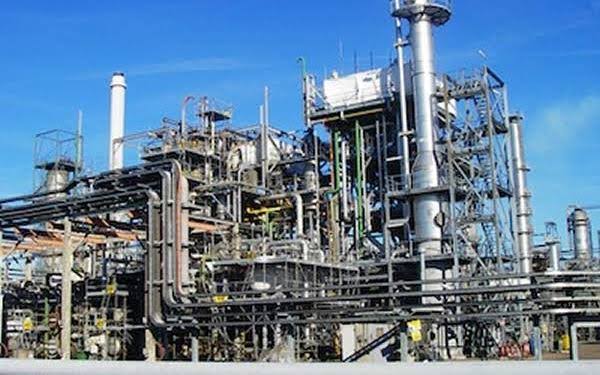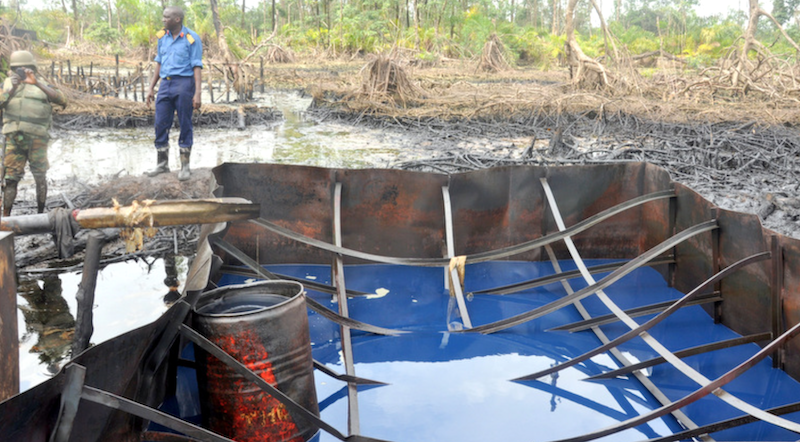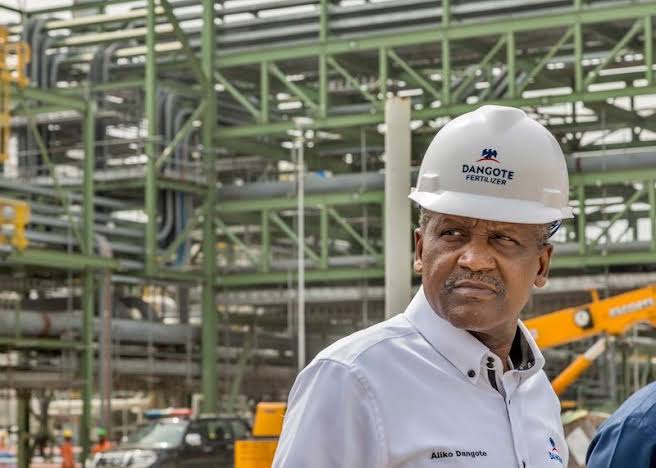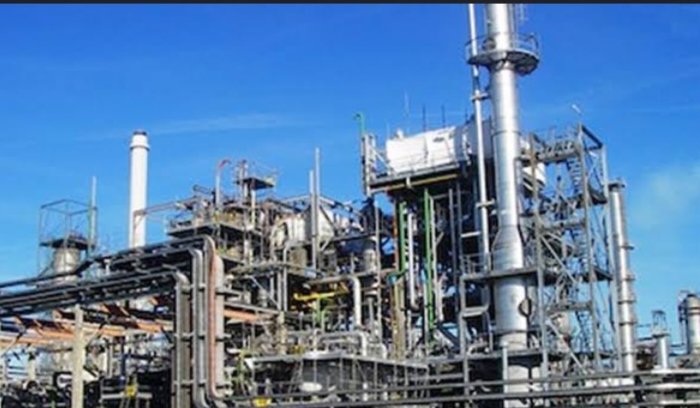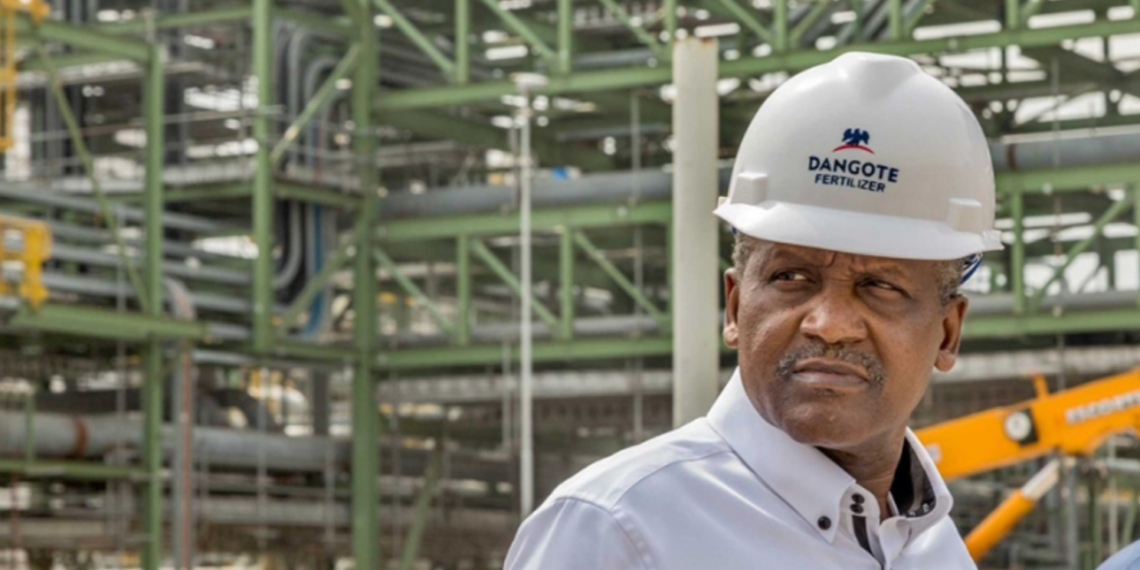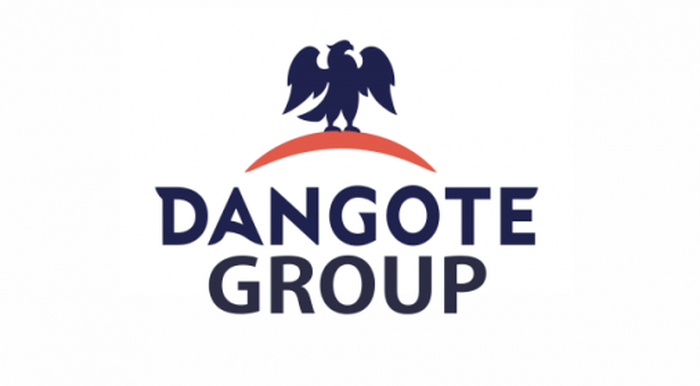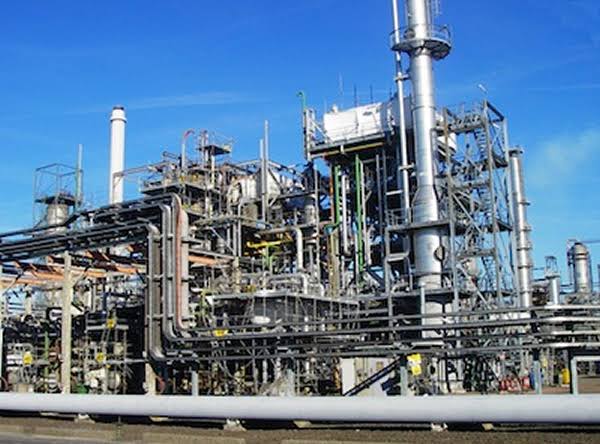Groups, under the aegis of Coalition of Niger Delta Youths Against Poverty, Insecurity & Environmental Degradation (CONDYAPIED), have expressed disappointment over failure of the Group Chief Executive Officer (GCEO) of the Nigerian National Petroleum Company Limited (NNPCL), Mele Kyari, to operationalise the Port Harcourt Refinery before the end of September, 2024, as promised.
The NNPCL Boss had severally assured Nigerians that the Port Harcourt refinery would start local refining and that prices of petroleum products would reduce drastically before the deadline of September 2024.
One month later, neither of the Port Harcourt, Warri or Kaduna refineries is functioning, safe for only Dangote refinery, as marketers still import refined petroleum into the country, thereby causing serious hike in the price of the products.
A press statement on Sunday, jointly signed by Engr. Jonas Igariga, Coordinator of the Coalition, and Comrade Jack Opobo, General Secretary, the Coalition called on Kyari to tender his resignation letter and apologize to Nigerians.
“In a sane society where leaders have conscience, the likes of Mele Kyari should burry their heads in shame and tender their resignation and apologies to Nigerians for plunging the entire nation into untold hardship”, the Coalition said.
The Coalition averred that, inspite of huge funds injected into the Port Harcourt refinery, Kyari prefers importation of refined products, to making local refinery operational, despite his many promises.
“The NNPCL GCEO has failed Nigerians, times without number, on the issue of Port Harcourt, Kaduna and Warri refineries, after blowing over 3 billion dollars on the project. It has been discovered that Mele Kyari and his goons have no plans to fix any refinery as they prefer to import adulterated products into the country and milk the citizens dry.
“NNPCL cabal and their importers are deliberately sabotaging the good intentions of President Tinubu by making sure there are queues and Nigerians buy the product at any price fixed and given to them by the oil Lords. We shall not fold our hands and allow this to happen”, the statement added.
According to the statement, several warnings had gone to Kyari in the past, to fulfill his promise by making sure the Port Harcourt refinery became operational in September; but to no avail.
“We read the statement signed by the Coalition of Niger Delta Youth On Energy Reforms and Transparency in the Oil and Gas Sector, urging Kyari to ensure that the Port Harcourt Refinery became operational before the end of September as he promised.
“The group expressed concern about the energy crisis in the country caused by the non-functionality of local refineries, continued dependence on the importation of petroleum products, and the resulting cost implications for the country.
“They noted that the failure of NNPC has further worsened the country’s energy crisis and impoverished the people of the oil-producing Niger Delta.
“The group alleged that the Port Harcourt refinery is being planned to be converted into a blending plant. They claimed that substandard petroleum products from Russia will be mixed with chemicals and sold to the people of the Niger Delta.
“This is basically our fear too. We at the CONDYAPIED are not only concerned about the corruption going on at the NNPCL, but we are grately worried over the plan to convert the Port Harcourt refinery to a mere blending plant. We shall resist this with all our might. We shall shut down Abuja in protest, in the coming weeks, and occupy the NNPC towers until the needful is done.
“We will not allow our refinery to be converted to blending plant, because we are aware of the potential environmental degradation and terrible impacts on our people. This move could expose the people of Niger Delta to harmful chemicals from environmental pollutions and degradation caused by the waste products released into the environment, if it is allowed”, the Coalition submitted.
